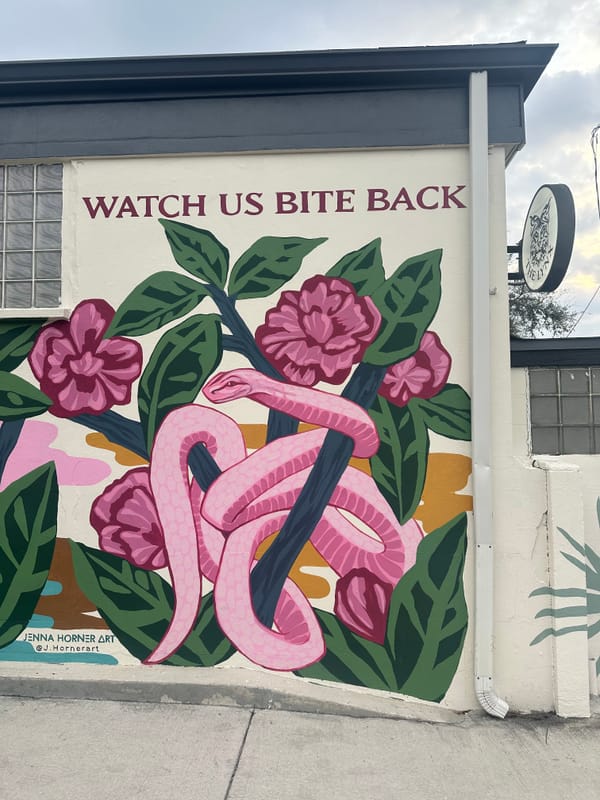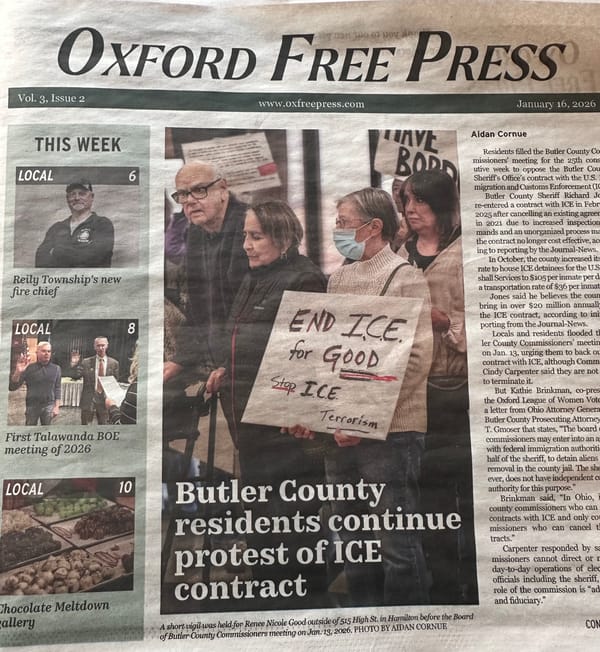It's my birthday
I'll cry if I want to
I'll cry if I want to
Forty years ago today I was born. I share a birthday (among other things) with Leonardo da Vinci. It's a time of intense energy. Abraham Lincoln died on this day after having been shot the day before. The Boston bombing happened on this day. And of course, it's tax day. As I mark what is likely the midpoint of my own life, I find myself reflecting on the concept of freedom.
I've been thinking lately about how I have experienced a kind of increasing freedom over the course of my life. I spent my twenties unlearning things I picked up in childhood that didn't serve me as an adult. My thirties were even more brutal, as I made moves to align my life (mainly my primary relationship and vocation) with my own values. This process has resulted in a fierce sovereignty. I know myself well. And it was a kind of liberation - I know what is mine, I know what is not mine.
Perhaps because of this inner freedom, I'm surprised to find myself living in an increasingly less free society. And while I feel strongly that true freedom is internal, I had not expected to have to give any of my energies to defending basic civil liberties - the freedom of speech, the freedom of assembly, the freedom to not be kidnapped by my own government.
I want something from you for my birthday. I want you to listen to the episode of the Daily from today. It is a deep dive in the story of Kilmar Abrego Garcia, the man wrongfully deported to El Salvador. He was granted protection from US courts in 2019 and promised that he would never be returned to El Salvador. As the episode makes clear, it would have been legal for the Trump administration to deport him to any country in the world EXCEPT El Salvador. But that didn't stop Trump's advisor Stephen Miller from lying to the media about his case, claiming the the Supreme Court had ruled 9-0 in the administration's favor (not true!).
[This loose relationship to truth was beautifully critiqued in an article a few weeks ago on George Orwell that I also recommend.]
The podcast ends with a chilling conclusion: the legal argument made by the Trump administration in his kidnapping could equally apply to US citizens as to immigrants. If allowed to stand, it would allow the Trump administration to deport US citizens to foreign prisons to be tortured without cause.
Adam Lipton, the guest on the episode, concluded chillingly: "There's really nothing in the administration's legal logic that would prohibit the administration from picking an American citizen off the street, send them to a vicious prison in another country where torture is routine, concededly lawlessly, and then say "whoops! sorry! nothing we can do about it. You're going to spend the rest of your days there... The logic and implications of the administration's position can only be called deeply disturbing."
This morning I found myself thinking about a few lines that I wrote in my dissertation more than a decade ago. I wrote,
"The parsimonious theories and neat typologies I was taught in graduate school in no way prepared me to understand the tremendous sacrifices and risks of physical and psychological violence that individuals take in authoritarian contexts to participate as members of the political opposition; that is something one learns in the field. I’d like to begin the dissertation by acknowledging my deep respect for those activists, regardless of political persuasion, whose phone calls are recorded and monitored, who are followed every time they leave their homes, who risk their lives and the lives of those they love on behalf of their ideals. For those who have “disappeared,” for those who have endured torture, sometimes for years or decades, for those who are presently in detention, for those whose bodies are dissolved in acid, buried at sea or in mass graves, I acknowledge your sacrifice. I know some of your stories."
The assumption that underpinned virtually all of my scholarship on authoritarianism was that I was talking about some place else, not my own home. And that when I spoke of activists, I was speaking of citizens of other countries. But we now find ourselves in a system where our leaders blatantly lie to citizens and defy our judicial system. What is coming for members of the political opposition in this country? More importantly, what are you going to do about it?

